- Commons Action: Commons Cluster for the United Nations
- Transforming Our World in Harmony with Nature, integrating Nature into the Implementation of the SDGs
- NGO Alliance on Global Concerns
- The Human Right to Peace
- NGO Forum for Health
- CoNGO
- The SIFA Plan
COMMONS ACTION: COMMONS CLUSTER FOR THE UNITED NATIONS
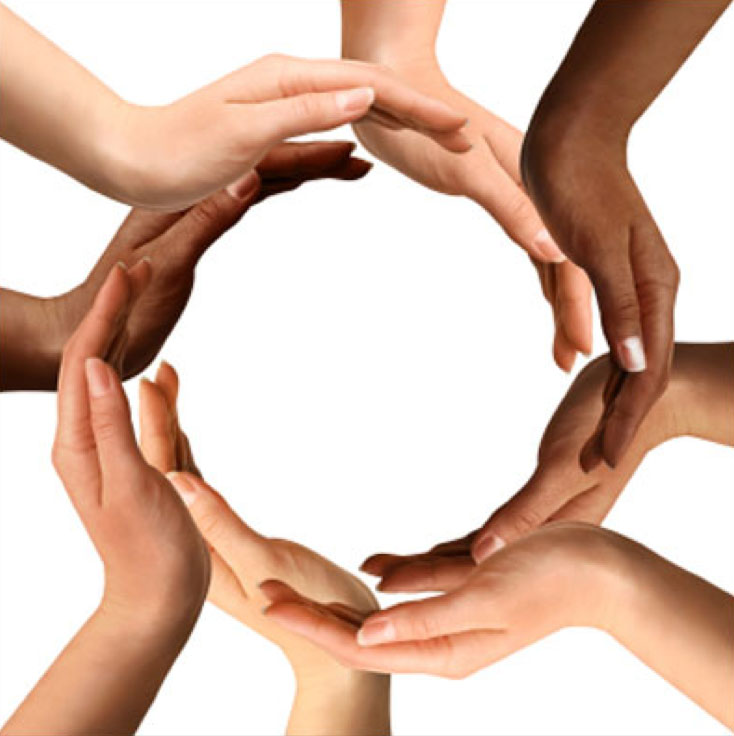 The Commons is building social relationships in such a way that all those things we need to reproduce our livelihood will be shared in a fair way, and managed in a sustainable way. Silke Helfrich
The Commons is building social relationships in such a way that all those things we need to reproduce our livelihood will be shared in a fair way, and managed in a sustainable way. Silke Helfrich
The IPS has been working together with the Commons Cluster since 2009, when Lisinka Ulatowska and James Quilligan suggested to some 25 NGO representatives that together we create an initiative at the UN to introduce a commons-based approach to sustainable development. This initiative became the Commons Action for the United Nations and has been represented at the UN by the Institute for Planetary Synthesis and the Association for World Citizens. Toward the end of 2011, it was suggested by a number of NGO colleagues that Commons Action for the United Nations organize a Commons Cluster which has since expanded to include members of other Major Groups - including Women, Youth, and Indigenous Peoples.
For more information about the Commons Cluster, visit their website, at www.commonsactionfortheunitednations.org, or see the documents below.
In the framework of this initiative, we submitted a statement on "Education for World Stewardship for the Benefit of All" at the substantive session of the Economic and Social Council (document reference E/2011/NGO/126). In 2012, the main representatives of the IPS and the Association for World Citizens at the United Nations, Lisinka Ulatowska and Rudolf Schneider, among others, participated in the Rio+20 conference on sustainable development.
Documents on the Commons:
- Education for World Stewardship for the Benefit of All (pdf) - Arabic, Chinese, English, French, Russian and Spanish
- The All-Win Principle and the Global Commons - English
- The Commons Activities (flyer) - Arabic, English, German, Portuguese, Russian and Spanish
- The Commons: Powerful Tools to Build the Future We Want - and Need (flyer) - English, German, Portuguese and Russian
- Measures Post-Rio, a series of documents proposing detailed measures for the implementation of the Commons (in English only)\r\n
- Examples of the Commons
- Measures to counter the dangers inherent in a debt-based economy
- Measures the Commoners are taking to empower both the public and the private sectors
- Measures to eradicate poverty using a Commons-based approach
- Measures to finance the shift to a Commons-based economy
- Measures to shift to a sustainable, Commons-based global economy
TRANSFORMING OUR WORLD IN HARMONY WITH NATURE, INTEGRATING NATURE INTO THE IMPLEMENTATION OF THE SDGS
Nature is fundamental to the Economy and Society, the other two dimensions of sustainable development: It provides the resources that fuel the economy and human life itself. Moreover, while we, human beings, create our societies and economies, we are an integral part of Nature. We consist by virtue of the air we breathe, the water and biodiversity that nourishes us and our life energy: We are an integral part of Nature. Living in harmony with Nature requires not a human but a Nature-centric intuitive, approach.
After the two years during which the SDGs were being developed it became clear that social and economic concerns were being dealt with more urgently than our rapidly deteriorating relationship with Nature and thereby human beings were transgressing Nature's planetary boundaries necessary for human life.
The Partnership on the Rights of Nature. Integrating Nature into the Implementation of the SDGs, of which the IPS was a founding member, consisting of academics, indigenous peoples, civil society organizations and Nature communicators undertook as a part of the UN's Partnership Exchange to write reports, based on input from around the world, whereby a Nature-centric approach would be applied to all of the SDGs and almost all of the targets. They both completed these reports, and brought them together in this trilogy, arranged according to the SDGs that were the focus of discussions at the High Level Political Forums in 2016, 2017 and 2018, respectively. These are teaching manuals, reference works, and guides for government ministries, whch can be used as follows:
1. To get insight into what constitutes a Nature-centric approach, read the Executive Summaries of the books that contain the goals that interest you most; and then read the Introductions and Conclusions to each of the 9 chapters in Part Two of the first book, mentioned below. This book was written last and contains most diverse features.
2. To get ideas about how a Nature-centric approach can be applied to any of the SDGs or targets, just consult the relevant report. These are mentioned beside the appropriate link.
3. If you are part of a government ministry or a civil society organization, check the chapter(s) in Part Two of each of the three books for “Means of Implementing” those SDGs that relate to focus of your work (SDG 17. Means of Implementation.)
Here are the links:
Transforming our World in Harmony with Nature. Integrating Nature into Rights of Nature: Integrating Nature into SDGs 1, 2, 3, 5, 9, 14 and 17
Transforming our World in Harmony with Nature. Integrating Nature into Rights of Nature: Integrating Nature into SDGs 6, 7, 11, 12, 15 and 17
Transforming our World in Harmony with Nature. Integrating Nature into Rights of Nature: Integrating Nature into SDGs 4, 8, 10, 13, 16, and 17
NGO ALLIANCE ON GLOBAL CONCERNS (ngo-connect.org)
The “NGO ALLIANCE ON GLOBAL CONCERNS AND VALUES” is a non-profit membership association that welcomes NGOs with special competences whose work is related to one or more areas of the work of the United Nations and who wish to be more efficiently engaged through dynamic dialogue , consultations and collaborations on thematic and substantive issues with other organisations working with similar mandates. Many NGOs contributing to areas of the work of the United Nations are either accredited with a UN Agency or are not accredited with the UN at all but their work and contributions are of great value to those NGOs who have accreditation. In a globalised world with efficient communication technologies, many NGOs today offer expertise to or collaborate and consult with NGO Networks that address specific issues, e.g. on climate change. Under the NGO Alliance, NGOs come together to create NGO Forums to collaborate on issues of global concerns.
The IPS is a member of the following NGO Forums:
The NGO Forum on Environment (FOE)
Today humanity is facing multiple crises, all demanding difficult choices. However, be these related to the economy, development, climate-change, trade or to social or cultural factors, at the heart lies a common denominator, the environment. For this reason it is of the utmost urgency to place the environment and related issues on the United Nations agenda and to advance a sustainable agenda within the United Nations framework. FOE is deeply concerned about the existing environmental challenges. Integrating NGO expertise and collaboration, FOE consistently addresses many issues related to human rights and sustainable development with a particular attention to an environmental perspective. NGOs, whether accredited or not, and interested in strengthening and furthering an environmental perspective in all areas of the United Nations work, are invited to join FOE.
Chair: Vita de Waal (Foundation for Gaia)
The NGO Forum on Spirituality and Values (FSV)
The NGO Forum on Spirituality and Values (FSV) is a network of NGOs inspired by the values mentioned in the preamble of the United Nations Charter and aligned with its objectives. It recognizes that spirituality and values are not unique to any one nation, creed, kindred, language or people, but are part of the heritage that belongs to each culture and to every member of the human family. Individual cultures and their underlying values are to humanity what biodiversity is to nature.
The IPS is one of the co-founders of the NGO Forum on Spirituality and Values.
Chair: Vita de Waal (Foundation for Gaia)
THE HUMAN RIGHT TO PEACE
Spanish Society for International Human Rights Law (SSIHRL) (www.aedidh.org)
The Spanish Society for International Human Rights Law (SSIHRL) welcomed on 30 October 2006 the adoption of the Luarca Declaration on the Human Right to Peace, which was drafted by a Committee of independent experts. It was the culmination of a process of extensive consultations within the Spanish civil society, with the support of the Catalonian Agency for Cooperation to Development.
Following the adoption of the Luarca Declaration, the SSIHRL has developed its four-year World Campaign on the Human Right to Peace in all regions of the world organizing consultations with international civil society on the contents and scope of the human right to peace . On 9-10 December 2010, international civil society met at the International Congress on the Human Right to Peace in Santiago de Compostela, Spain , to adopt a final text of the Universal Declaration of the Human Right to Peace. It was then submitted to the HR Council, urging its Member States to initiate the official codification of the human right to peace. Since then many parallel meetings have taken place at the Palais des Nations in Geneva during the subsequent sessions of the HR Council . Written and oral NGO joint statements on this issue were delivered to the Plenary of the Council.
NGO FORUM FOR HEALTH (ngo-forum-health.ch)
The NGO Forum for Health is a Geneva-based consortium of health organizations, committed to promoting human rights and quality care in global health. Its origins lie in the 1978 Alma Ata Conference on Primary Health Care.
The Forum takes a rights-based approach to making health for all a reality with a focus on networking, information exchange and advocacy. It offers a platform for concerted action, lobbying and campaigning, and provides information on relevant developments and opportunities for interaction through its website, briefings, and a newsletter.
CONFERENCE OF NGOs IN CONSULTATIVE RELATIONSHIP WITH THE UNITED NATIONS (ngocongo.org)
CONGO’s vision is to be the primary support and platform for a civil society represented by a global community of informed, empowered and committed NGOs that fully participate with the UN in decision-making and programs leading to a better world, a world of economic and social justice.
The IPS participates in meetings of the following NGO Substantive Committees of CONGO:
NGO Committee on the Status of Women
President: Nyaradzai Gumbonzvanda (ngocsw at hotmail.com)
NGO Sub-Committee on Freedom of Religion and Belief
Chair: Diane Ala’i (bic at geneva.bic.org)
NGO Working Group on Human Rights Education and Learning
Chair: Kazunari Fujii (giungv at bluewin.ch)
Co-Chair: Claire de Lavernette (cdlavernette at oidel.org)
THE SIFA PLAN
A PLAN FOR A SUSTAINABLE, SUPPLEMENTARY INCOME FOR ALL
ACHIEVING THE SUSTAINABLE DEVELOPMENT GOALS - AGENDA 2030
The world is urgently looking for durable solutions to end poverty in all its forms, of hunger, pollution, inequality, pandemics, and increasing unemployment.
The Plan for a Sustainable, Supplementary Income for All proposes a supplementary economy for all people that is financed by a new digital currency backed by marketable sustainable goods and services. This Plan was originally conceived by the Dutch visionary, activist economic innovator and artist Pieter Kooistra, who explained it in two books, the second of which was financed by the Dutch Government. The Plan was endorsed by economist and 1969 Nobel Prize laureate, Jan Tinbergen. Implementation of the Plan will allow the present world economic system to evolve gradually and peacefully towards an inclusive and sustainable global economy for the benefit of all, in harmony with Nature.
In order to promote the SIFA Plan, the IPS helps to organize monthly meetings of all interested in the Plan. Recordings of these meetings are available in this folder on google drive.
For more details, visit the SIFA Plan website: www.supplementaryincomeforall.org.
A Brief Introduction to the Plan
When the Plan is fully implemented, each person on the planet would eventually receive a supplementary income which, at the outset, would probably be the equivalent of around US$500 per year. This amount will be recalculated every year and grows as the supplementary economy expands. This amount can only be spent on goods or services that harm neither people nor the planet. Decisions as to which goods and services can be ordered for the people's supplementary income are made by people collectively in discussion groups facilitated by development workers, especially trained in the implementation of all aspects of the SIFA Plan.
Where does the money come from?
In the past, a country’s currency was considered “hard” to the degree it was covered by gold reserves. Today, a country’s currency is considered “hard” to the degree it is covered by the combined “marketable goods and services” and the corresponding demand. In essence, money can be seen as a point system that is allocated to each product and service to facilitate barter.
In today’s world both rich and poor limit currency production for opposing reasons. Those who have the potential to produce extra goods and services lack the markets, while those who have a need for those goods and services do not have the money to purchase them. So if over-capacity can be connected to the lack of goods and services elsewhere, the additional currency can then be created for a supplementary economy. This currency can then be shared equally among all participants after operational costs have been deducted.
In theory, this proposed supplementary economy would be able to grow sustainably by about five to ten percent per ear if the whole world were combined into one market and production matched people's needs.
In the process, companies and industries offering unsustainable products and services would discover the benefits of redirecting their R&D towards this newly emerging market for basic human needs, personal well-being, spirituality, and harmony with Nature. The parameters of this supplementary economy match exactly those formulated in the global Sustainable Development Goals (SDG’s).
What is required for implementation of the Plan?
1. an account for each participant in the Plan (potentially for everyone in the world), within
2. a globally linked electronic communication system connected to
3. a corresponding SIFA Administrative Agency with banking facilities to enable the exchange of the SIFA digital currency into national currencies, and
4. development workers trained in monitoring supply and demand, guiding the decision-making process regarding what can be purchased within the supplementary economy, and inputting the orders of goods and services.
Advocacy/Drafting Committee
Lisinka Ulatovska (Coordinator, Commons Cluster of the UN NGO Major Group; President of All Win Network), Author including on the Sustainable Supplementary Income Plan / Elly Pradervand (Women’s World Summit Foundation) / Alice Boainain-Schneider (Institute for Planetary Synthesis) / Marjolijn Snippe (Foundation for a Friendly Planet) / Marielle Jansen (Administrative Assistant)/ Alan Jaremowich (Grand Architect Group) / Jan Atze Nicolai & Brigitta Scheepsma (European Green Party & Basic Income Earth Network) / Nikita Dubrova (ASIC Miner) / Luc Guillory (Share International) / Henry Mentink (Veerhuis, manager of the Kooistra legacy)


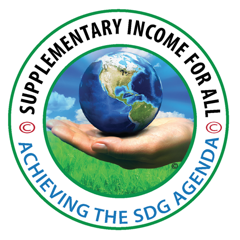
 Join a global network of pioneers, people breaking new ground in ten fundamental fields of activity, helping to prepare the coming world civilisation.
Join a global network of pioneers, people breaking new ground in ten fundamental fields of activity, helping to prepare the coming world civilisation. 

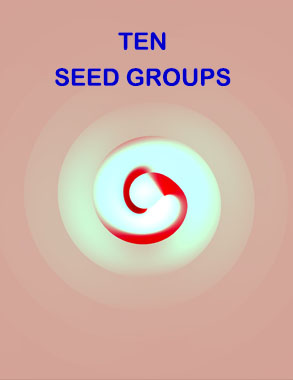
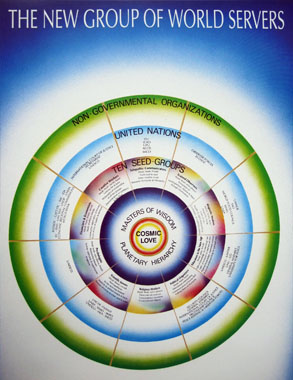
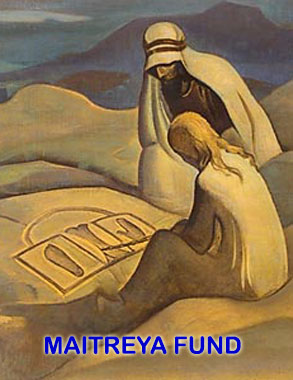
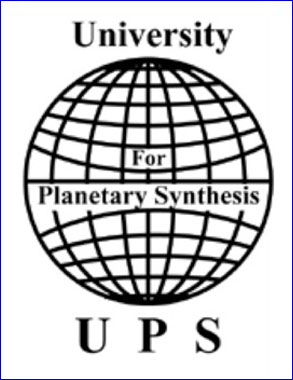
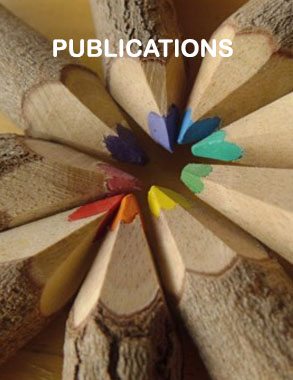
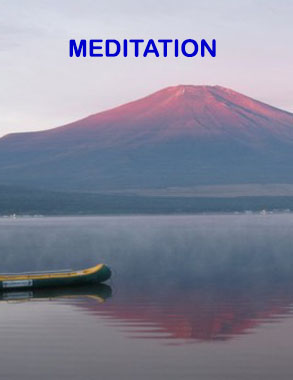
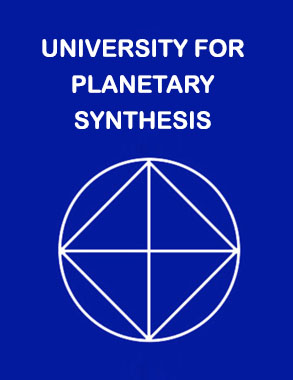
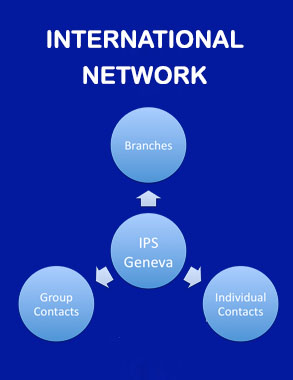

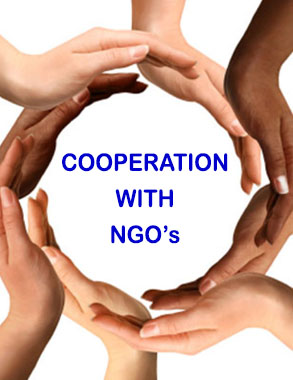
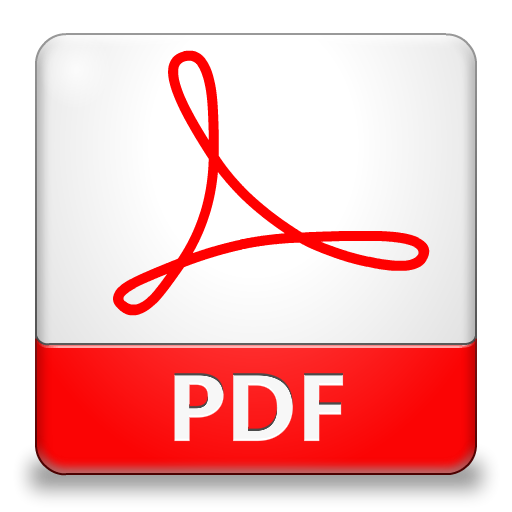 Most of our publications (booklets, reports, newsletters, etc.) are available for download, in PDF and in several languages.
Most of our publications (booklets, reports, newsletters, etc.) are available for download, in PDF and in several languages.